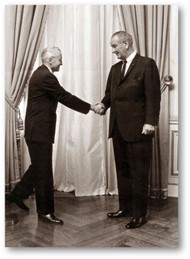
My grandfather was a role model to me in many ways, but especially in self-reliance and emergency preparedness. He was born and raised on a poor LDS chicken farm near Richfield, UT. He went to college, eventually attending Harvard and Stanford, and became a physician in the nuclear program. He received a commendation from the Surgeon General for scientific research which helped prove the harmful effects of smoking while serving in public health as State Health Commissioner of the state of Washington and then Arizona.
You would never have known any of his professional achievements if you lived next door to him though. Unlike so many folks today who carefully craft online presences to make themselves seem wealthier, more important, or more credible than they really are, even his own children didn’t learn of many of his achievements until after his death.
Most people, if they had a photo of themselves shaking hands with the President of the United States, would probably hang it on the wall in their office. He showed it to his mother, but not his kids, and tucked it away in a box of mementos.
It was largely because of his work and his example that I became interested in self-reliance.
Tip #1: Live Below Your Means
Everything about his home was perfectly ordinary. There certainly weren’t any overt displays of wealth.
It used to be that people went without until they saved enough to buy what they needed. Today, many people enter into debt to buy a little nicer car, or a little more home than they can afford. They spend a little more than they earn, leaving nothing left to save for a rainy day.
Many kids now think that the moment they leave home, they are entitled to own everything their parents accumulated over lifetimes of hard work. Worse still, they buy it the only way they can, on credit.
Incurring unnecessary debt is a recipe for financial disaster and is the antithesis of preparedness. Instead, spend less than you earn and save the difference. It sounds simple, but is not easy, especially when you live below the poverty line. It takes patience, self-control, and sacrifice, but it is how people have always lived, and how most people on our planet still live today.
Life is supposed to be hard. Every organism in nature must struggle and fight to live. When life gets too easy for them, they grow sick and weak. Human beings are no different. Low order hardship is necessary for healthy human development, yet elements of our society wish to do away with it. In my opinion, this view is naïve.
My grandfather’s generation lived through the Great Depression and WWII. If you have known anyone from that generation, you probably noticed that the hardships they endured taught them the value of living below their means in ways that they could not forget.
Tip #2: Save for a Rainy Day
Saving and stockpiling are bedrock principles of preparedness and self-reliance. Farmers understand this the way others couldn’t possibly. My grandfather’s family owned a poor chicken farm before the Great Depression and had to save to make it through poor harvests and times when their poultry had to be culled due to disease.
My grandfather went to Germany as a missionary just after Hitler came into power, came home, and went to college as the Great Depression was in full swing. During WWII, sugar, gasoline, cars, shoes, many food items, and other goods were strictly rationed. Like others who lived through the Great Depression and WWII, he knew how to save for a rainy day and did so habitually.
Tip #3: Don’t Put all Your Eggs in One Basket
In grandpa’s day, most country homes were heated with wood or coal and people were keenly aware that fire could quickly consume the contents of any given structure. As a result, they understood the dangers of storing everything they owned under one roof. They built cabins and outbuildings and cached some of their savings so they could rebuild if they lost their homes. That way, if they lost the house, they would still have the root cellar, barn, granary, workshop, some money, and so on.
How much of your emergency preparedness stockpile would you lose if you lost your home to fire or some other threat? If the answer is all or nearly all of it, consider breaking it up and spreading it out.
How much of your savings would you lose in a global economic meltdown? If the money in your bank and investment accounts became inaccessible or disappeared and the government became insolvent and stopped honoring bonds, what percentage of your savings would you lose?
Financial investments should also be diverse and, where possible, should include real estate, cash, precious metals, and real goods that are under your physical control. Putting everything in the bank and investment accounts leaves you vulnerable to catastrophic loss. Why do think billionaires are buying up farmland? They understand history and know that the only real financial security comes from the capability to produce goods and services and that people will always need food. They are protecting themselves against the very real possibility of a global economic crash.
Tip #4: Loose Lips Sink Ships
If you walked through his home, other than the fact that he was LDS and had converted a room for food storage, there was nothing that stood that he was prepared, but he was. He installed a wood stove in the basement and buried a load of coal on the property so he could heat his home.
He also bought land near a lake and planted poplars. They do not burn hot but grow fast when they have access to water and can produce a lot of firewood, especially if coppiced.
He wasn’t secretive, he just quietly prepared. He had many projects that. Among them, I recall him filling 55-gallon drums with wheat, a closet rod with silver rounds, and a table leg with Krugerrands.
He didn’t talk about his work much, even the parts that he could have talked about. I’m sure many people who knew him never had a clue what he did for work, much less what he really did for work. I did observe that he wouldn’t watch the TV show M.A.S.H..
I understand he was the last living physicians who had treated patients with radiation sickness caused by nuclear weapons. After he passed my mother told me that there was a card in his wallet that had instructions to give him any seat on any form of transportation, if requested, so he could get where he needed to so he could advise the White House in the event of nuclear war.
I never heard him use the words operations security, but he was a master of it. I suppose if someone appears spy-like, they wouldn’t make a very good one.
Tip #5: The Mind is the Ultimate Weapon
My grandfather was not a big guy and not at all intimidating. He was a kind man who dedicated his life to serving others. Yet, I can think of few enemies more dangerous than a genius who is also a surgeon and a hunter.
He taught me that the mind is the ultimate weapon and that all else is supplemental. To put the time in up front to prepare the field of battle ahead of time to tilt the odds in your favor before your enemy even considers attacking you.
Tip #6: Be Charitable
Another thing that I admired about him was that he was charitable and not just with family. He was not at all selfish. He thought about others and prepared not just for his immediate family, but for his extended family and neighbors.
I think we all understand that there are times when resources are extremely limited and that we must put family first at those times, but the rest of the time, we should also help our neighbors and communities.
Tip #7: Be a Generalist
Although he possessed very specialized knowledge, he could do almost anything. This was true of both of my grandfathers. He was a physician and a surgeon, but he was one of few M.D.s who also studied chiropractic and other forms of alternative medicine. He was a hunter, a fisherman, a woodworker, a farmer, a butcher, and an amateur geologist. He could build an addition on the house, pour concrete, build a masonry staircase, captain a boat. He grew and canned his own food.
My grandfathers taught me to reach for my toolbox instead of my wallet. The credit card is the only tool many folks use today. It doesn’t have to be.
Tip #8: Do More with Less
“Do more with less.”, “The more you know, the less you need”, and “Necessity is the mother of invention.” These three sayings all support the idea that people are capable of incredible feats when situation demands it.
Grandpa’s family depended on venison to help make it through the winter and there was a time between the Great Depression and WWII that ammunition was very scarce, and my grandfather was only able to scrounge up a single cartridge with which to go deer hunting. He went hunting with one bullet and came back with two deer.
He watched a herd of deer as it browsed and waited until two deer lined up, side by side, so the bullet would pass through one and into the other.
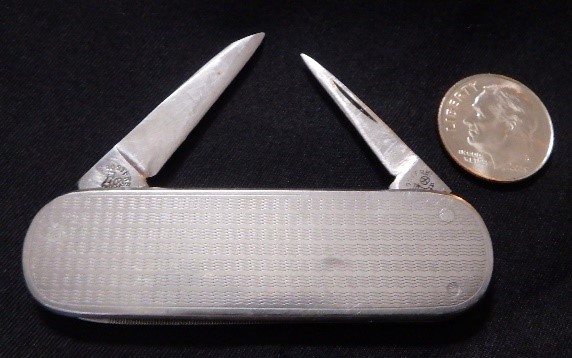
On another occasion, he performed the dissection of an antelope on a table in our backyard, imparting an anatomy lecture to neighborhood kids and the family dog as if they were a room full of doctors. He used only a small penknife as a scalpel.
Tip #9: Invest in Your Production Capability
Every time he moved or bought a new property, one of the very first things he did was to plant fruit and nut trees because they produce the most calories for the least effort.
He grew and canned his own fruits and vegetables and my grandmother ground flour and baked fresh baked wheat bread from scratch. If you’ve never had it, there is no comparing it to store bought bread. I will never forget the smell and taste of fresh baked bread with home-canned apple butter and apricot nectar or BLTs on fresh with fresh tomatoes from the garden on fresh baked wheat bread.
Organic home-grown foods make genetically modified, store-bought foods produced by monoculture using fossil fuel fertilizers and pesticides seem like cheap, counterfeit copies of the McCoy.
Jason Ross of ReadyMan once wrote that during the Great Depression, 25% of Americans had gardens, and another 25% had parents who had gardens, so half the country was able to grow tend garden and maybe raise a few chickens to stretch the little that they could buy to survive. But today, fewer than 2% of Americans grow any of their own food at all.
When times get tough again, as they always have, since the beginning of recorded history, that 2% who produce at least some of their own food will be in a much better position than the other 98%.
Tip #10: Lead by Example
Most of what I learned from my grandfather, I learned by being around him and from the example he set. I learned more from his actions than his words. I’m sure I followed him around asking an endless stream of questions, like curious kids of a certain age do, but those answers aren’t what stuck with me. It was the time spend camping, hunting, fishing, rock hounding, gardening, canning, reading, eating.
He did what he did, mindful of the fact that his children and grandchildren were watching, listening, and learning.


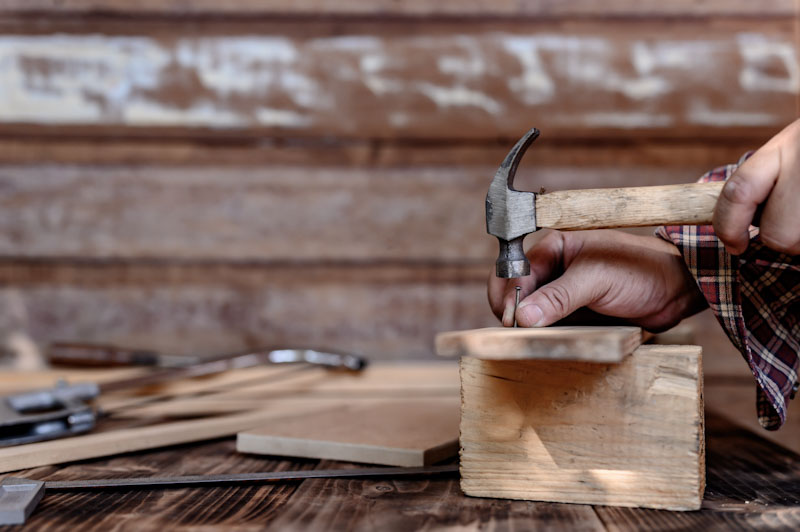


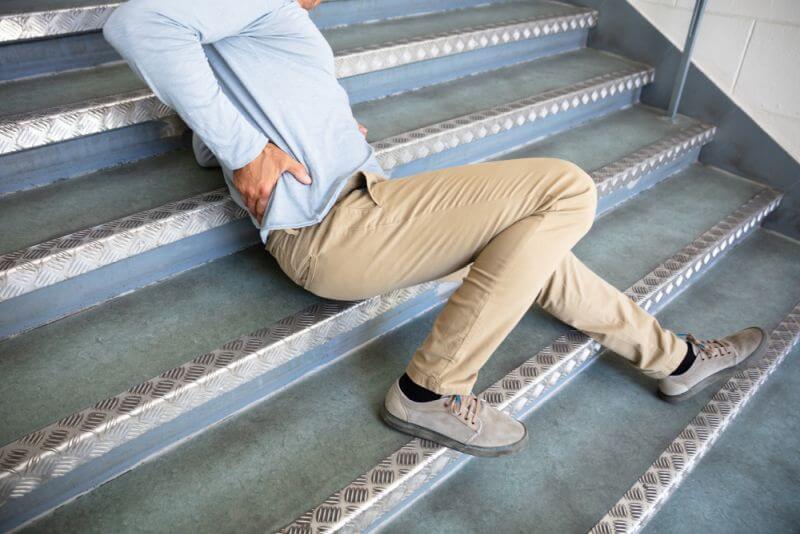
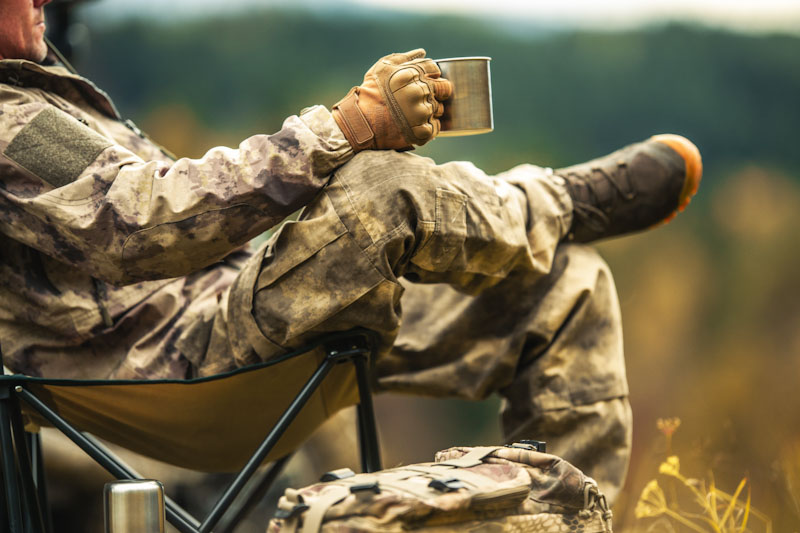
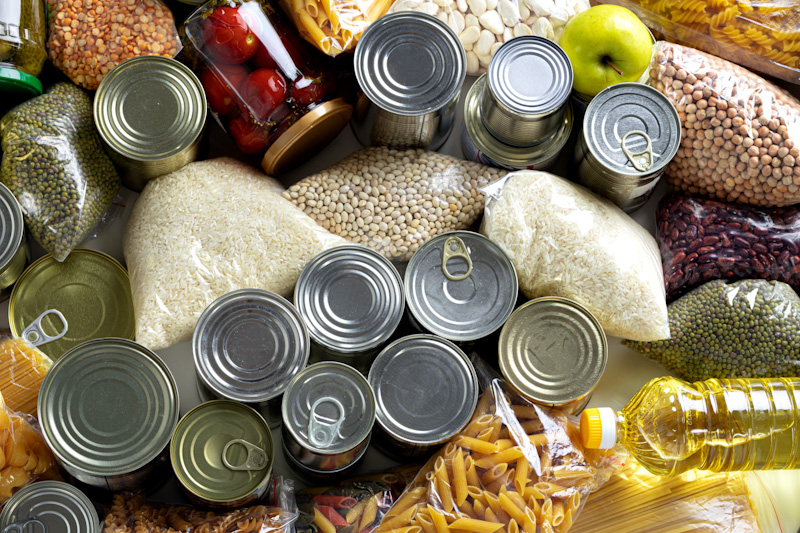
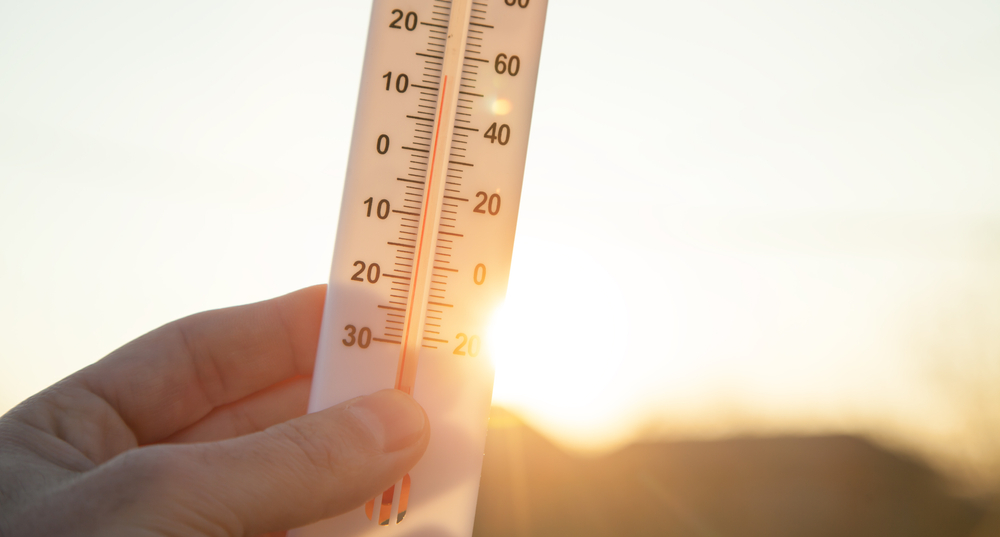

Bob | October 30, 2023
|
REMEMBER! ALWAYS KEEP YOUR GUNS CLEAN AND YOUR LADY HAPPY!
TAL | November 2, 2023
|
Too bad most parents don’t raise their children properly anymore. Some “alleged” parents don’t even raise them at all!
Kate Bloodworth | November 3, 2023
|
Wonderful article with a wealth of knowledge. I was raised in a city with no ability to grow our food but my mommy taught us buy what you NEED not what you WANT! That has served me well. So has Dave Ramsey’s teaching of if you can’t buy it with cash then you can’t buy a. Wish kids today were more responsible.